À l’heure où certains envisagent le transhumanisme comme un nouvel âge de l’humanité grâce aux technosciences, l’impression d’une absence de contrôle domine. Quelques expériences scientifiques spectaculaires, à la limite du fait-divers, confortent cette impression, témoin l’affaire des enfants génétiquement modifiés en Chine. Est-ce à dire que la voie pour augmenter l’être humain est totalement libre ? Serons-nous bientôt tous des cyborgs ? Répondre d’emblée positivement reviendrait à oublier un peu vite que le droit délimite la marche du progrès et prohibe certaines pratiques. Censeur de l’hubris technoscientifique contemporaine, il érige même en infractions certains comportements contraires à l’éthique médicale.
Droit de la bioéthique et bio-droit
La régulation des activités biomédicales d’amélioration humaine est assurée par le droit de la bioéthique parfois appelé bio-droit. Il s’articule autour de deux principes juridiques majeurs, la liberté et la dignité, et se fonde notamment sur les lois bioéthiques adoptées en 1994 et sur des textes internationaux comme la Déclaration universelle sur le génome humain ou la convention d’Oviedo relative aux droits de l’humain et à la biomédecine.
Plusieurs pratiques relevant de l’augmentation humaine font donc déjà l’objet d’un encadrement juridique à l’instar de l’assistance médicale à la procréation, du diagnostic préimplantatoire, du clonage, de l’eugénisme, des greffes, etc. En d’autres termes, même s’il n’existe pas de texte général sur l’augmentation humaine ni de modèle bioéthique global, des ressources juridiques sont d’ores et déjà à notre disposition pour régler certaines des questions soulevées par l’amélioration de l’être humain.
L’homme augmenté, un justiciable parmi d’autres
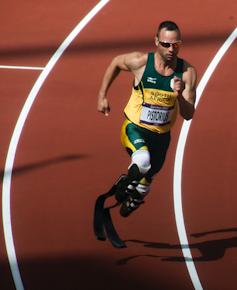
Oscar Pistorius. Jim Thurston
Si le droit de la bioéthique détermine les principes cardinaux devant être respectés en matière d’amélioration de l’humain, d’autres branches du droit traitent d’aspects plus pragmatiques dans ce domaine. Le code pénal incrimine ainsi ceux qui dépasseraient certaines limites : celui, par exemple, qui prélèverait un organe à une personne non consentante pour le greffer sur une autre. Le droit du sport traite du dopage, forme d’augmentation contraire à l’idéal sportif. Le droit des personnes, le droit des biens et le droit des obligations ont également un rôle à jouer pour déterminer le statut des prothèses et autres dispositifs d’augmentation du corps humain. S’agit-il de choses comme les autres ? Comment répare-t-on le préjudice découlant de la perte d’une prothèse ? Des juridictions ont été confrontées à la question de savoir comment traiter, lors de compétitions sportives, le porteur d’une prothèse qui pourrait l’avantager. À ce sujet, le Tribunal arbitral du sport a estimé que les analyses scientifiques ne permettaient pas de conclure que les prothèses Flex Foot Cheetah d’Oscar Pistorius l’avantageaient par rapport à un athlète valide.
Un droit plutôt favorable à l’amélioration individuelle
L’article 16-3 du code civil permet de porter atteinte à l’intégrité du corps humain en cas de nécessité médicale pour la personne ou dans l’intérêt thérapeutique d’autrui. C’est dire que certaines augmentations individuelles sont d’ores et déjà légales. Si l’on pense en priorité aux formes réparatrices qui visent à replacer un individu malade ou blessé dans un état aussi proche que possible de son état initial, on s’aperçoit vite que les formes non réparatrices sont elles aussi admises. Le Code de la santé publique consacre ainsi des dispositions spécifiques à la chirurgie esthétique qui n’a pas à poursuivre de but thérapeutique mais peut être motivée par de simples convenances personnelles. De façon plus générale, d’autres procédés relevant plus de l’anthropotechnie que de la médecine traditionnelle sont également légales. C’est le cas des techniques contraceptives qui ne soignent pas de pathologies mais permettent de maîtriser la reproduction.
Des garde-fous face aux velléités déraisonnables d’augmentation
Bien qu’il n’existe pas de statut juridique de l’humain augmenté, les juristes ne sont pas démunis pour contrôler l’anthropotechnie. Tout d’abord, la déontologie médicale semble incompatible avec un recours non maîtrisé à l’anthropotechnie. Selon le deuxième alinéa de l’article R 4127-8 du Code de la santé publique, le médecin « doit, sans négliger son devoir d’assistance morale, limiter ses prescriptions et ses actes à ce qui est nécessaire à la qualité, à la sécurité et à l’efficacité des soins ». En outre, selon l’article R 4127-40 du même code, « le médecin doit s’interdire, dans les investigations et interventions qu’il pratique comme dans les thérapeutiques qu’il prescrit, de faire courir au patient un risque injustifié ». Est ici mise en valeur l’obligation du médecin de ne pas prendre de risques et de limiter ses pratiques aux seuls soins, lesquels n’incluent évidemment pas les pratiques augmentatives.
Les droits fondamentaux et certains principes fondateurs du droit de la bioéthique, parmi lesquels l’égalité et la dignité, font ensuite obstacle à la réification des individus à laquelle l’hybridation de la chair avec la machine pourrait mener. De même, la primauté de la personne humaine énoncée par l’article 16 du code civil, mais aussi le respect dû au corps, son inviolabilité et sa non-patrimonialité affirmés par l’article 16-1, semblent s’opposer aux tentatives trop radicales d’amélioration individuelle. En outre, si certaines formes d’anthropotechnie venaient à être assimilées à des soins, ce qui est déjà le cas de la procréation médicalement assistée et de la contraception, le principe d’égal accès aux soins et celui de non-discrimination devraient permettre de garantir l’égal accès à ces techniques.
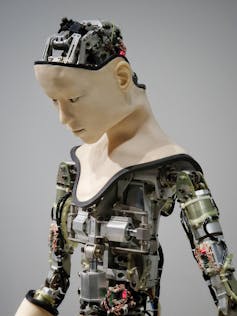
Humain bionique. Franck/Unsplash
Enfin, de façon plus prospective, l’extension du principe de précaution pourrait constituer une limite sérieuse aux techniques augmentatives dangereuses. Dégagé par Hans Jonas dans son ouvrage intitulé Le principe de responsabilité : une éthique pour la civilisation technologique, ce principe qui consiste à s’attendre au pire est connu du droit, mais seul le Code de l’environnement le prévoit pour l’instant. Son application en droit de la santé permettrait une reformulation de la bioéthique autour de l’idée centrale de responsabilité et condamnerait les pratiques présentant des dangers.
Un droit plutôt hostile à l’amélioration de l’espèce humaine
Bien qu’il accepte certaines pratiques anthropotechniques à l’échelle individuelle, le droit semble plutôt défavorable à l’amélioration de l’espèce dans son ensemble. Divers indices révèlent cette position. Un premier signe est la prise en compte légale de l’intégrité de l’espèce humaine. L’article 16-4 du code civil prohibe expressément les atteintes à l’intégrité de l’espèce humaine, l’eugénisme, le clonage et les transformations des caractères génétiques visant à modifier descendance d’une personne. Le message est clair : l’espèce humaine ne doit pas être modifiée. Un deuxième indice est l’incrimination des crimes contre l’espèce humaine comme le clonage reproductif et l’eugénisme qui sont punis de trente ans de réclusion criminelle et de 7500000 euros d’amende. Un troisième indice repose sur la prise en compte émergente des générations futures à l’égard desquelles les générations actuelles auraient des responsabilités. Bien que la normativité de ce concept soit encore incertaine, il pourra peut-être servir à empêcher la modification de l’espèce humaine.
En définitive, on a sans doute trop tendance à oublier le rôle du droit dans l’évolution sociale. À tous ceux qui ont l’impression que notre société est dépassée par le fait biotechnologique, on peut rappeler que les juristes tentent de veiller sur les droits fondamentaux des individus et sur l’intégrité de l’espèce humaine, quitte à se transformer en éthiciens.
Anne-Blandine Caire, Professeur de droit privé et de sciences criminelles – École de Droit – Université d’Auvergne, Université Clermont Auvergne
Cet article est republié à partir de The Conversation, partenaire éditorial de UP’ Magazine. Lire l’article original
Quelque chose à ajouter ? Dites-le en commentaire.![]()

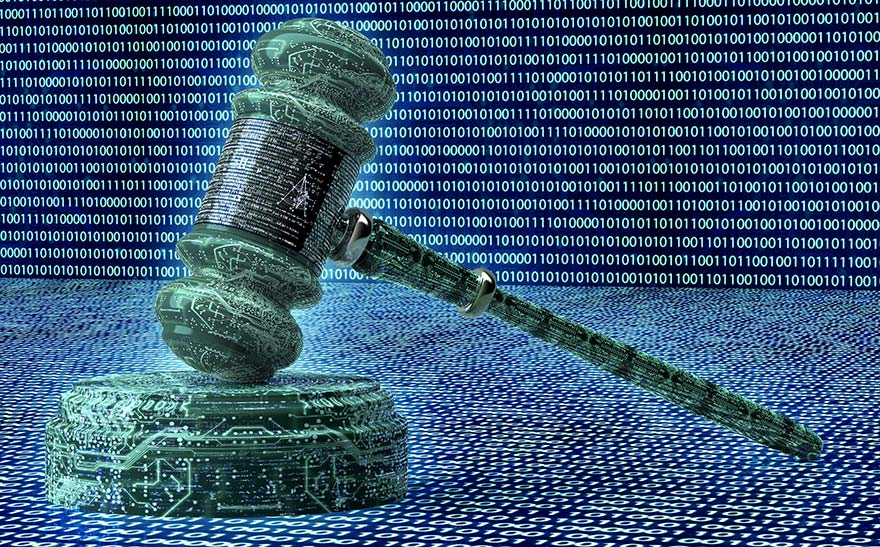


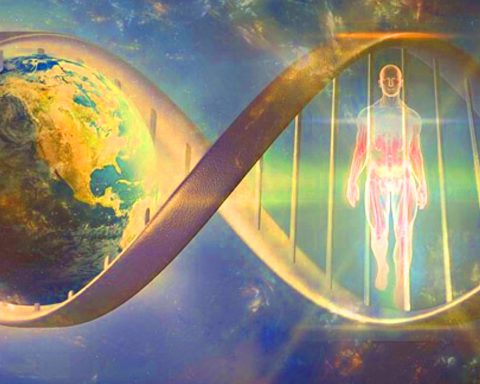
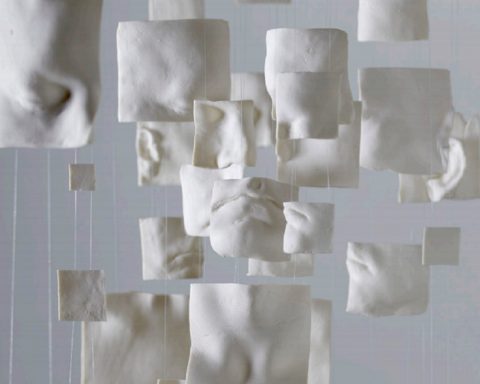
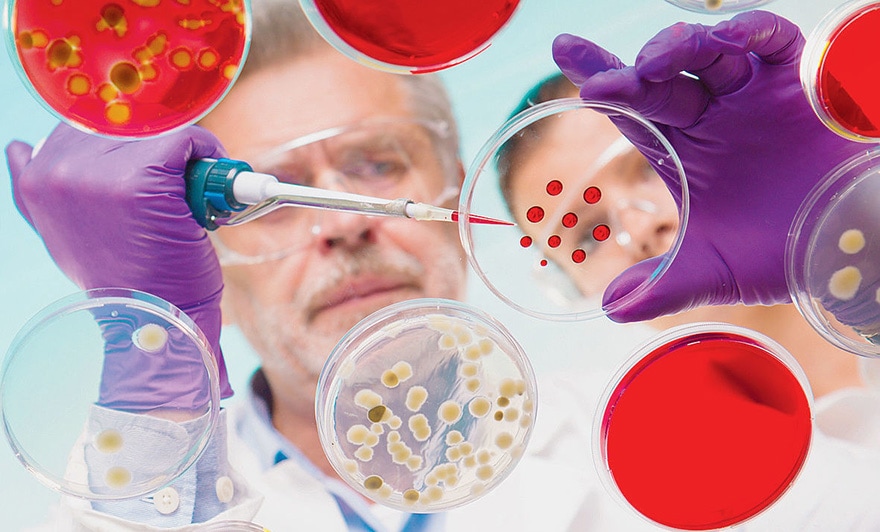




Quelle éthique pour la civilisation technicienne?
L’HOMME doit repenser sa relation avec la nature.il lui faut une éthique non seulement du respect mais surtout de mediété